You may not have heard of Carl Woese, but he’s one of the most famous names in modern biology. Woese has been described by James Shapiro, a Professor of Biology at the University of Chicago, as “the most important evolution scientist of the 20th Century.”[1] Another Professor of Biology, Norman Pace goes further, calling him someone who “has done more for biology writ large than any biologist in history, including Darwin.”[2]
The accolades are well-deserved. Woese (1928-2012) was the discoverer of a third domain of life. Prior to Woese, we thought that living organisms could be divided simply into bacteria (prokaryotes) and eukaryotes. Woese’s pioneering efforts defined a completely different type of primordial cell. They have come to be known as archaea. This brand of prokaryotes often live in extreme environments, and are biochemically distinct from your regular old garden-variety bacteria.
Defining a whole new form of life. Pretty remarkable, right?
What’s even more remarkable is that Woese’s work didn’t stop there. He continued to make significant breakthroughs throughout his career. After proposing the RNA World hypothesis, he went on to become a leading figure in research into ‘Horizontal Gene Transfer’ (HGT) describing how early organisms may have evolved through the communal sharing of genes, rather than simply passing them onto the next generation. The full implications of this work are still sinking in.
It should be clear then the Woese knew what he was talking about. Reviewing his diverse contributions to biology, Shapiro remarks, “any one of these accomplishments would be extraordinary. Altogether, they make Carl the most outstanding figure in understanding the diversity of life in well over a century.”[3]
It may come as a surprise to some then what Woese said in October 2012, in what appears to be his last public interview. At the time, he was suffering from Pancreatic Cancer, to which he would succumb in December 2012. The interviewer was Susan Mazur, a journalist chronicling dissent against Darwinian ideas. Woese was her biggest catch. The interview was fascinating, discussing the origin of life and the scientific challenges it poses. However, the closing part of the interview is the most significant:
Suzan Mazur: It’s wonderful that you’re making these breakthroughs without encountering too much hostility from the classical biology community.
Carl Woese: But I have not overthrown the hegemony of the culture of Darwin.
There is pathos in Woese’s words. He sees Darwinian theory not just as an idea, but a ‘culture’, a whole way of thinking. The interview then ends with a surprising, out-of-the-blue remark:
Suzan Mazur: Do you have any closing thoughts?
Carl Woese: Yes, I do not like people saying that atheism is based on science, because it’s not. It’s an alien invasion of science. [4]
END
What a stunning message Woese chose for his last public remarks. He did not mince his words.
“It’s an alien invasion of science.”
His imagery portrays the atheist belief system as colonising scientific thought, occupying it unjustly, and using it as a base for its activities.
In other words, exactly what we have seen happening in recent history.
Though Woese was a private man, more evidence for his beliefs on the matter came in a moving and highly personal testimony by his close friend Harris A. Lewin. An account published in RNA Biology (March 2014) described Lewin’s memories of the great biologist. In what may come as a surprise to many of Woese’s admirers, Lewin recalls a deeply spiritual man with theological intuitions:
“Carl believed that evolution was a property of all living and non-living systems. He postulated that evolution extended beyond the “Darwinian Threshold” before cellular life began. Was molecular evolution all thermodynamics or were there evolutionary processes guiding pre-cellular life as well? Was there a broader role for evolution, writ large, in the universe? These questions haunted Carl…
Carl deeply believed that there was directionality to evolution, that evolutionary processes were not merely the result of random genetic events, and that there was indeed a force in the universe that created it all. It will come as a surprise to many, but Carl believed in God, and was quite a spiritual person.
However, Carl was deeply suspicious of religion and religious people. And he detested those like Richard Dawkins who used science and evolution as a tool to deny the existence of God. In Carl’s mind these things were never to be mixed, faith and science, because he felt God was truly unknowable and science depended on factual evidence.
He never discussed these views publicly to my knowledge, but he freely shared them with me, especially toward the end of his life. I was surprised and moved by his deep sense of spirituality, which I believe helped him to bridge the untimely short gap between his life and his death.” [5] [emphasis added]
Lewin is to be commended for sharing these valuable insights into Woese. It is indeed of great significance that the man described as the most important biologist of the last century as a theist who believed that evolutionary processes had a ‘directionality’, are not merely the result of ‘random genetic events’, and that a universal force ‘created it all.’ Indeed, such views are scoffed at by mainstream biology, though it would seem that one of the icons of the field was a believer in them.
Woese had been quoted as being critical of modern Intelligent Design ideas in 2003, branding them ‘immature religion.’[6] Lewin’s description indicates that by the end of his life, he may have had more in common that with viewpoint than he realised, believing as he did in an evolutionary law created by God which guides the universe in a certain direction. Though that does not constitute a specific endorsement of modern design ideas, Woese’s views were at the very least contrary to the dominant narrative loudly proclaimed by the atheistic scientific establishment, which holds that the origin and unfolding of life was purely the result of unintelligent chance processes.
Woese is not alone among distinguished evolutionary biologists to doubt a strictly materialistic worldview. After Darwin, the most significant evolutionary biologist of the 19th century was undoubtedly Alfred Russel Wallace (1823-1913), who co-founded the field. While Wallace initially shared Darwin’s very naturalistic view of evolution, he ended his life with both Woese’s disinclination towards organised religion, and a conviction that evolution was somehow guided.
Unlike Woese, Wallace was able to articulate his ideas into a unifying outlook of Divine Purpose and Design, writing his final work The World of Life on the subject. In an interview towards the end of his life, Wallace said:
“The wonderful activity of cell life convinces me that it is guided by intelligence and consciousness. I cannot comprehend how any just and unprejudiced mind, fully aware of this amazing activity, can persuade itself to believe that the whole thing is a blind and unintelligent accident.
It may not be possible for us to say how the guidance is exercised, and by exactly what powers; but for those who have eyes to see and minds accustomed to reflect, in the minutest cells, in the blood, in the whole earth, and throughout the stellar universe—our own little universe, as one may call it—there is intelligent and conscious direction; in, a word, there is Mind.”[7]
In stark contrast to Darwin, Woese joins Wallace in that rarefied pantheon of biologists who see purpose and direction in nature. With time, there is no doubt that many more will join them.
May he rest in peace.
Related Videos
Rational Religion critiques modern evolutionary theory in a series of three fun discussions:
Related Articles
Can natural selection really explain evolution?
Is the universe intelligently designed?
References
[1] Mazur, Suzan. The Paradigm Shifters: Overthrowing ‘the Hegemony of the Culture of Darwin’ (2015), Kindle Edition. (p. 98).
[2] “Another Kind of Evolution”, Mark Buchanan. New Scientist, January 2010
[3] Mazur, Suzan. The Paradigm Shifters: Overthrowing ‘the Hegemony of the Culture of Darwin’ (2015), Kindle Edition. (p. 98).
[4] Mazur, Suzan. The Paradigm Shifters: Overthrowing ‘the Hegemony of the Culture of Darwin’ (2015), Kindle Edition. (p. 105).
[5] Lewin HA. Memories of Carl from an improbable friend. RNA Biol. 2014;11(3):273-8. [Online link]
[6] Douglas Theobald, Panda’s Thumb (2013)
[7] New York Times, October 8, 1911. Reprinted in: Flannery, Michael A.. Alfred Russel Wallace: A Rediscovered Life. Discovery Institute Press (2011). [Emphasis added]


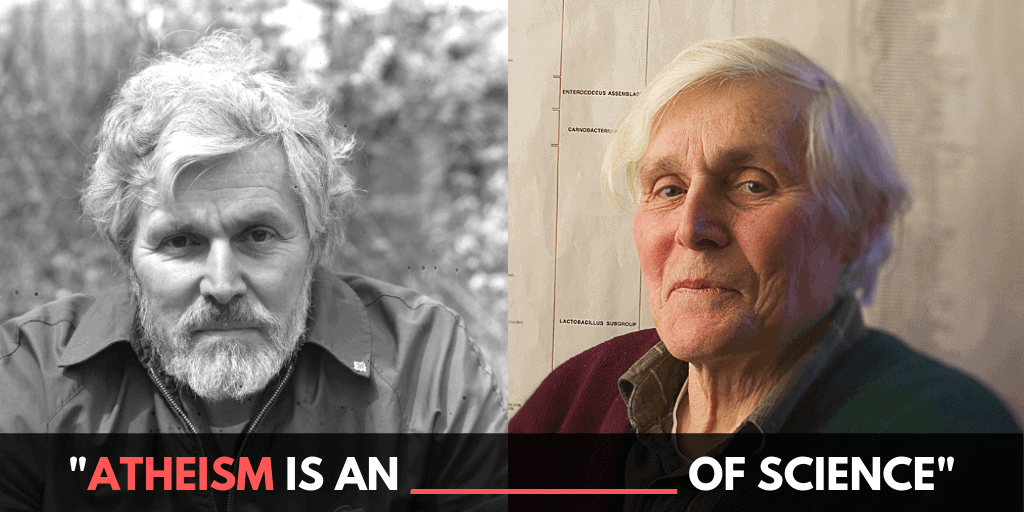

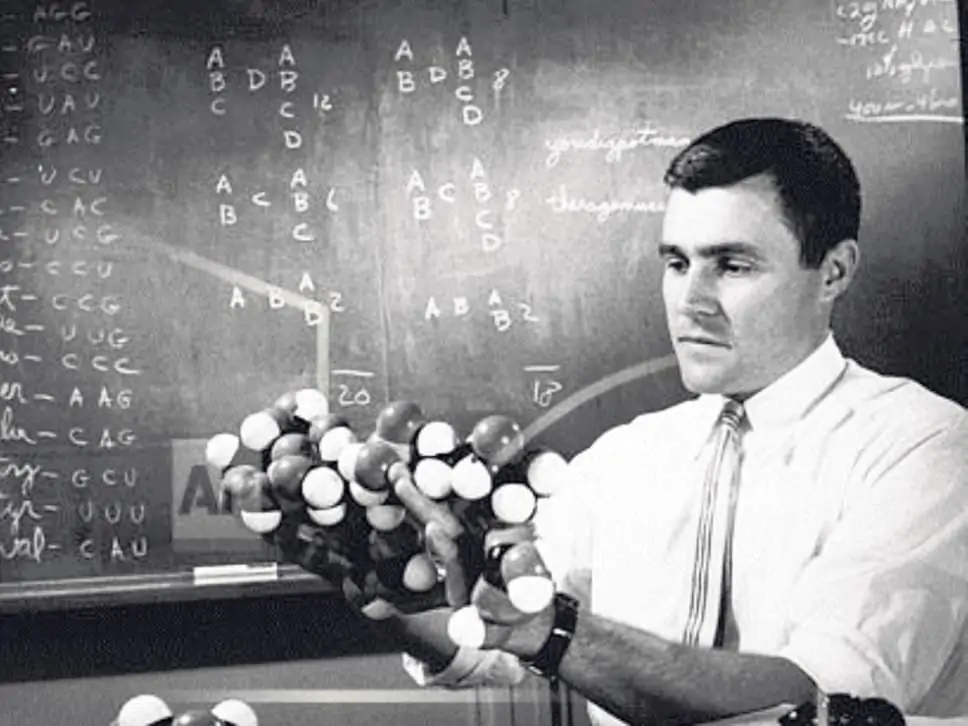
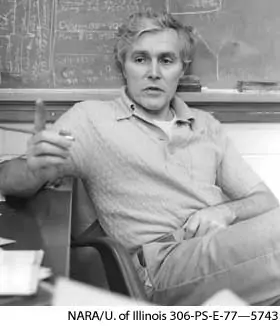



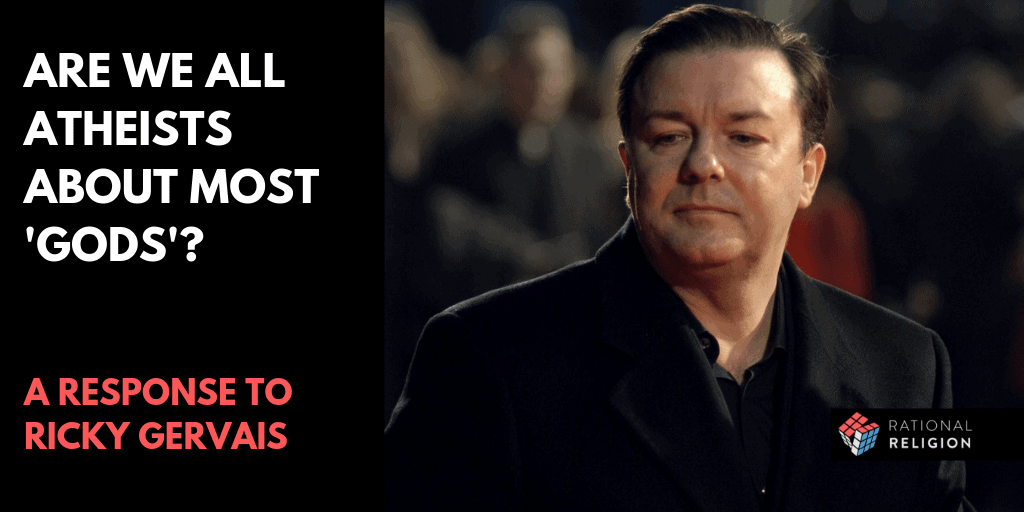


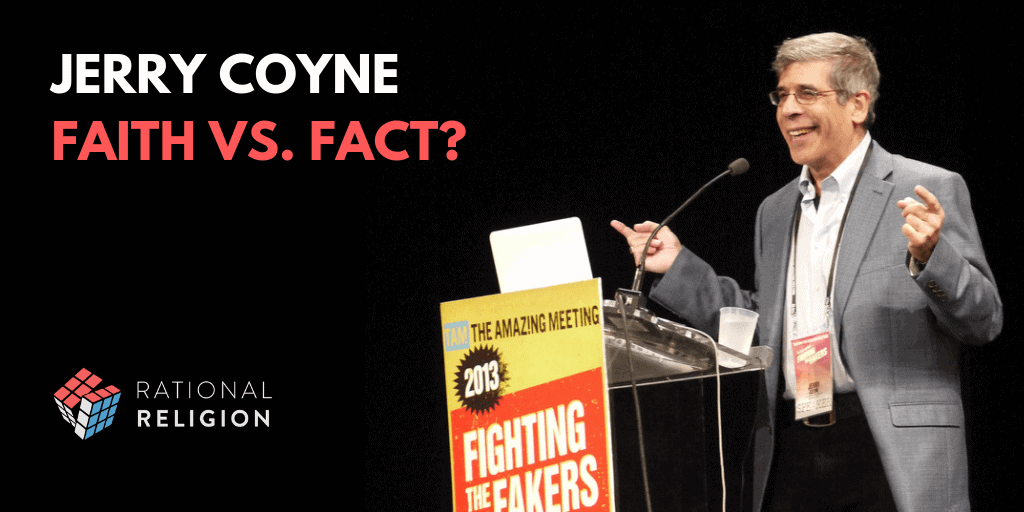
A fascinating read, nice work!
Susan Mazur is a freelance journalist who has been criticized several times for lying about what scientists have said in interviews.
Is that why scientists keep giving her interviews and inviting her to their conferences? She’s not exactly a religious zealot either.